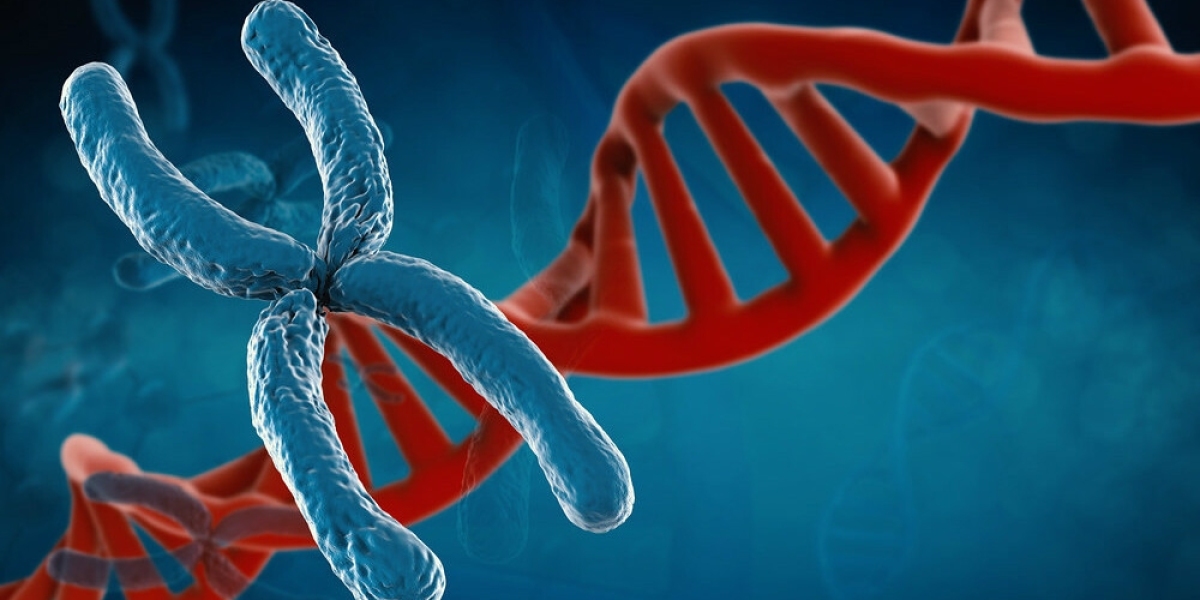The integration of molecular and cytogenetic methods allows for more precise visualization and analysis of chromosomes at high resolution. Some key capabilities of molecular cytogenetic techniques include detecting very small chromosome imbalances, mapping the positions of DNA sequences on chromosomes, and elucidating the molecular mechanisms behind certain genetic conditions.
Fluorescence In Situ Hybridization (FISH)
FISH is considered the gold standard technique in Molecular Cytogenetic . It utilizes fluorescent DNA probes that bind to only those places in the chromosome that are highly complementary in nucleotide sequence. When the probe binds to the chromosome, it lights up fluorescent markers that can be seen through a microscope. This allows researchers to see the chromosomal position of specific genes, segments of DNA, or whole chromosomes with high sensitivity. FISH has proven invaluable for detecting deletions, duplications, rearrangements, and translocations that are too small to be observed using traditional cytogenetic analysis. It has helped in prenatal diagnoses, cancer research, and diagnosing genetic disorders.
Array Comparative Genomic Hybridization (aCGH)
aCGH is a technique that detects copy number variations (CNVs), or areas of the genome that are deleted or duplicated compared to a reference genome. In aCGH, patient DNA is labeled with a fluorescent dye and mixed with normal reference DNA labeled with a different dye. Both are then hybridized to arrays containing DNA fragments from across the genome. Scanners then detect differences in fluorescent intensities between the two probes at each DNA fragment location. From this data, a visual representation called a "karyotype" can be generated to show places along each chromosome arm where deletions or duplications are found. aCGH has enabled clinicians to diagnose genetic conditions that may not be apparent from standard karyotyping alone.
Applications in Cancer Research
Molecular cytogenetics plays a pivotal role in advancing our understanding of cancer biology. Chromosomal abnormalities like translocations, inversions, and aneuploidy (extra or missing chromosomes) are hallmarks of cancer. Techniques like FISH and aCGH allow researchers to map out these abnormalities at the highest resolution and determine their impact on cancer initiation and progression. They have provided crucial insights into the mechanisms of specific tumor types and identified novel genetic markers for cancer diagnosis, prognosis, and targeted therapy development. For example, FISH helped discover that the BCR-ABL fusion gene drives chronic myeloid leukemia and showed it to be a therapeutic target for imatinib. Ongoing research using molecular cytogenetics will continue yielding valuable insights into cancer.
Prenatal Diagnosis
During prenatal diagnosis, molecular cytogenetic analysis enhances the detection of fetal chromosomal abnormalities from the small sample of cells obtained via amniocentesis or chorionic villus sampling (CVS). FISH analysis using probes for common aneuploidies like trisomy 21, 18, and 13 can provide rapid results within one to two days compared to two weeks for standard karyotyping. aCGH allows for screening of the entire genome, picking up microdeletions and duplications linked to developmental disorders that may otherwise go unnoticed. This powerful combination of speed and high resolution has revolutionized prenatal counseling by facilitating timely management decisions.
Research Applications
The research applications of molecular cytogenetics are too numerous to comprehensively detail here. Some examples include generating detailed chromosomal maps that further our understanding of genome structure, organization, and evolutionary relationships. Molecular karyotyping aids genetic linkage studies and genotype-phenotype analysis in model organisms. Techniques like chromosome painting FISH allow tracking chromosome rearrangements between species. Applications also span disciplines like plant and animal sciences, where they aid breeding programs and research like mapping genomes, detecting genomic imbalances, and evolutionary studies. Overall, molecular cytogenetics has established itself as a driving technology across domains pushing the frontiers of modern genetics and genomics research.
In summary, molecular cytogenetics enables precision cytogenetic analysis at an unprecedented level of detail. Its integration of molecular biology with cytogenetics provides powerful tools that greatly enhance our abilities for genetic diagnosis, cancer research, prenatal screening, and many other applications. Techniques like FISH and aCGH have revolutionized our understanding of the complex relationship between chromosomes and human health/disease. Continued technical advancements holding the promise of even higher resolution will likely solidify molecular cytogenetics as a cornerstone of precision genomic medicine in the future.
Get more insights on This Topic- Molecular Cytogenetics
Explore More Articles - Engineering Plastics Market









